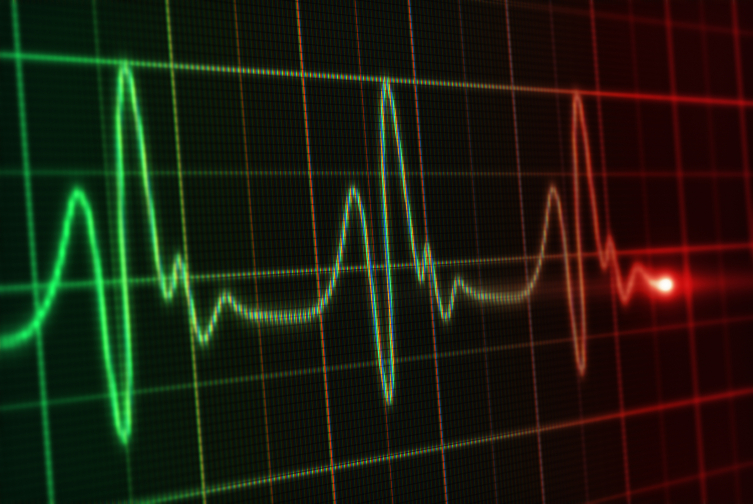How does broken heart syndrome occur?

Sudden and shocking events that life brings can affect not only psychology but also physical health. The loss of a loved one, a sudden separation or a major trauma... All of these intense emotions can cause physical damage to the heart. The emotional stress that develops with this condition, defined as "Takotsubo Cardiomyopathy" in medicine and known as "broken heart syndrome" among the public, can have serious effects on the heart muscle.
Broken heart syndrome is more common in middle-aged and older women and can be life-threatening. So, how does this condition develop? What symptoms does it present with and how does the treatment process proceed? We spoke with Marmara University Pendik Education and Research Hospital Cardiology Department Faculty Member Assoc. Prof. Dr. Ahmet Anıl Şahin.
Assoc. Prof. Dr. Ahmet Anıl Şahin begins his speech by emphasizing that broken heart syndrome presents with similar symptoms to a heart attack:
“Broken heart syndrome is a sudden-onset, transient cardiac disease that usually presents with symptoms that mimic those seen during a heart attack, such as sudden chest pain, shortness of breath, and electrocardiographic abnormalities, and are therefore indistinguishable from each other.”

According to Assoc. Prof. Dr. Şahin, this condition, unlike a heart attack, develops without any stenosis in the coronary arteries that feed the heart. Noting that the syndrome begins after severe emotional or physical stress, Şahin explains the process as follows:
“This syndrome is typically triggered by severe emotional or physical stress, such as grief, sudden shock, sadness, or even intense positive emotions. The underlying pathology is that, together with the sudden emotional surge, hormonal changes occur, which disrupt the blood flow in the vessels that feed the heart, resulting in a disruption in the heart’s nutrition.”
Where does the name “Takotsubo” come from?In broken heart syndrome, there is a deterioration in the contraction function of the heart muscle. This is also reflected in a noticeable shape change in the imaging of the heart. Assoc. Prof. Dr. Şahin says, “The resulting heart muscle contraction disorder does not correspond to a coronary artery distribution and causes the characteristic ballooning of the heart ventricle seen in the imaging. In fact, it got its name in the literature, ‘Takotsubo’, because it resembles the shape of the tool used by Japanese fishermen to catch octopus.”
Diagnosing is now easierUnderlining that Takotsubo Cardiomyopathy mostly affects postmenopausal women, Assoc. Prof. Dr. Şahin explains the progress made in treatment by saying, “Due to the improvement of clinical diagnosis and the use of echocardiography and cardiac MRI, it can be diagnosed more and more easily.”
Broken heart syndrome can often be cured with supportive treatment, but serious complications can be seen in some patients. Assoc. Prof. Dr. Şahin warns, “With the sudden development of the clinic, it can be associated with serious complications such as cardiogenic shock, arrhythmia or deterioration of the heart’s working activity. It may take days or weeks for the heart to return to its normal function, and permanent heart failure may occur in a relatively limited group of patients.”

Assoc. Prof. Dr. Şahin, who stated that the patient should be followed up even if he/she recovers, said, “It is important to follow up the patient’s psychological evaluation and stress management in the long term, especially to prevent the clinical event from recurring,” and concluded his words by opening parenthesis to female patients:
“As physicians, it is very important to consider Takotsubo Syndrome in the differential diagnosis of sudden chest pain, especially in women who have recently experienced emotional or physical stress and who do not have any stenosis of the coronary arteries. It is essential to understand the deep connection between emotional stress and cardiac function. Takotsubo Cardiomyopathy is a compelling example of how psychological stress can affect the functioning of the heart.”
TRT Haber





